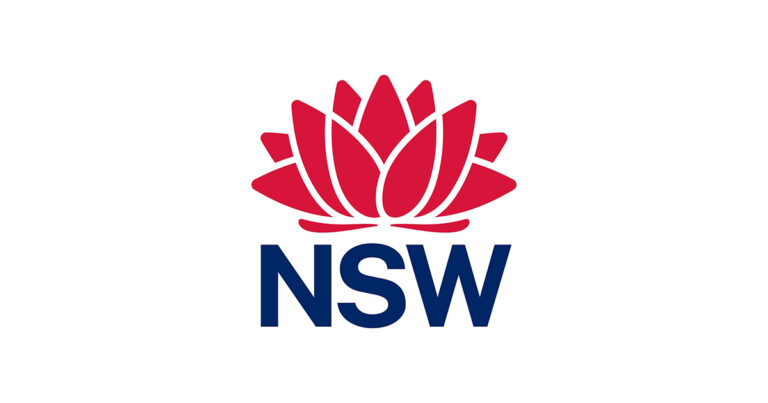
When digital musculoskeletal company Hinge Health launched about a decade ago, it primarily targeted employers directly.
However, in recent years, it has expanded its health plan partnerships and is now the preferred musculoskeletal partner for the five largest national health plans in the U.S. by self-insured lives, following a new collaboration announced last week with Cigna Healthcare. It also works with UnitedHealthcare, Aetna, Anthem, and Health Care Service Corporation, as well as smaller regional plans.
Cigna’s self-insured clients now have the option to offer the Hinge Health platform to its employees. Through the platform, patients gain virtual access to physical therapists, health coaches, real-time guidance and a wearable pain relief device. Hinge’s support can be combined with Cigna’s Pathwell Bone and Joint Solution, which helps employees with spine, hip, knee or shoulder pain, and offers access to providers and a clinical care advocate.
In addition, Cigna Healthcare clients will have easier contracting, faster onboarding and simplified billing with Hinge Health.
“We believe that it’s our job not just to reduce friction for our members, but also reduce friction for the buyer, in this case, the employer. … If you are a Cigna client, you can call your Cigna account executive and say, ‘We would like to turn on Hinge Health.’ And without a whole lot of additional contracting and data privacy and security work and all that, you can turn on and launch Hinge Health through Cigna,” said Jim Pursley, president of Hinge Health, in a recent interview at the Business Group on Health conference in Nashville.
The company typically gets paid through an engagement-based pricing model, in which Hinge bills for each interaction, Pursley added.
Hinge Health has been extending into other lines of business as well, including Medicare Advantage plans, the federal employee program and Veterans Affairs. It’s also trying to expand globally, according to Pursley.
“Most of our employers are headquartered here in the U.S., but have global workforces and are interested in trying to provide equitable benefits to the extent possible across the globe,” he said.
The partnership with Cigna comes after Hinge Health made waves by announcing it filed for an initial public offering (IPO) in March, the first digital health company to do so in a while. Many in the industry are watching closely to see how the company fares in the public domain given the market volatility and the struggles of those that have IPO’d in the past, such as Accolade and Teladoc.
However, healthcare experts told MedCity News that they’re cautiously optimistic about the IPO considering Hinge Health has high margins and is addressing a massive market. MSK is the second largest cost driver for employers behind cancer, according to Business Group on Health. It’s worth noting that Hinge isn’t the only digital health company tackling MSK, with others including Sword Health and Vori Health.
Hinge Health declined to comment on the IPO.
Looking ahead, Hinge Health is focused on investing in its newer offerings, including its women’s pelvic health program and its menopause program, Pursley said. The company also recently announced partnerships with Amazon and menopause company Midi Health.
Photo: mikdam, Getty Images





